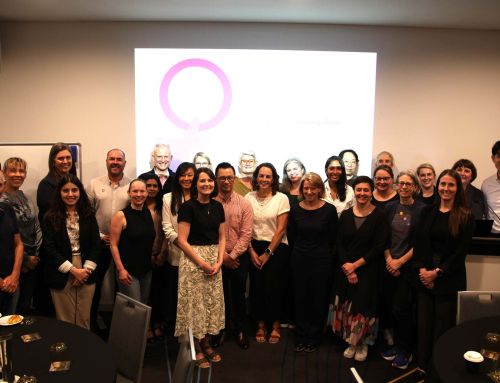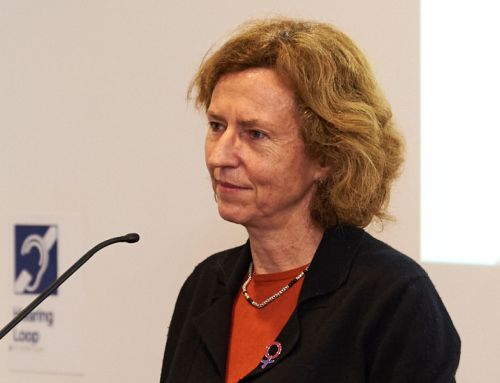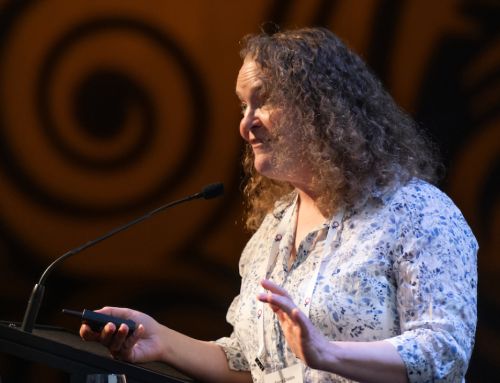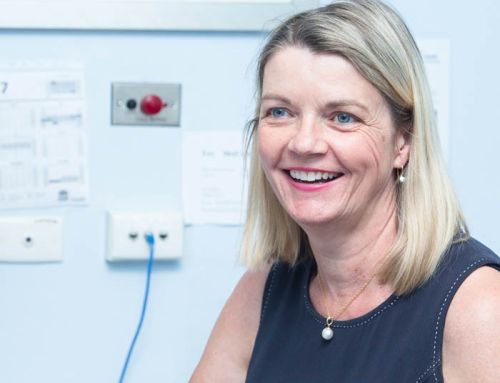Following the announcement of the 2021 NHMRC grant recipients, ANZGOG members summarise their research studies.
Through their commitment to developing new research, ANZGOG members continue to demonstrate their dedication towards improving outcomes for women affected by gynaecological cancer.
 Professor David Bowtell
Professor David Bowtell
Investigator Grant: ‘Driving Improvements in Ovarian Cancer Survival through Molecular and Clinical Studies’
The Investigator grant supports Professor Bowtell’s team, one of the world’s leading group of ovarian cancer researchers. Their work focuses on clinical problems of chemotherapy resistance, investigation of rare, exceptional survival patient cohorts, and the development of new therapeutic approaches. Their studies are underpinned by the Australian Ovarian Cancer Study (AOCS), a sophisticated clinical cohort study of ovarian cancer enabled by the ANZGOG membership.
 Professor Sandie McCarthy
Professor Sandie McCarthy
Partnership Projects: ‘BALANCE: Promoting wellbeing in adolescent and young adult cancer survivors’
Almost 5000 adolescents and young adults (AYAs) in Australia were diagnosed with cancer in the last five years. Approximately 90% will be alive five years later, but surviving cancer does not automatically mean AYAs return to their former state of health. Their wellbeing after cancer is mediated by their risk of treatment-related chronic conditions. To counter this risk, AYAs need plenty of physical activity, a healthy diet, and strategies to manage the often persistent psychosocial distress that results from a cancer diagnosis and its treatment. If not well managed, the adverse effects of the cancer experience can dominate their lives as AYAs mature into older adulthood, and draw them unnecessarily back into the health system.
AYA needs after acute treatment are not well-addressed in this country. Recovery-focused care is not adequately resourced and even if available tends to be siloed within acute services or fragmented across primary and acute sectors. Compounding this problem, AYAs are often not aware of the benefits of lifestyle changes after cancer treatment and can resist health interventions developed by others ‘for their own good’.
To address these issues we have partnered with Canteen, the national peak organisation providing AYA cancer support and advocacy, and two major Youth Cancer Services based in the Sydney and Queensland Children’s Hospitals. Our partnership will co-design and implement an evidence-based, digitally enabled lifestyle initiative with AYAs to help them minimise the potential life-long morbidity associated with their cancer treatment.
The outcome of this partnership will be an evidence-based, accessible and relevant program that readily translates to usual care and should ensure that the many young Australians who survive cancer are afforded the same prospects for quality of life, health and productivity as their peers.
 Associate Professor Chee Lee
Associate Professor Chee Lee
Investigator Grant: ‘Improving outcomes in advanced lung and gynaecological cancers through innovations in clinical trials’
“This investigator grant is an NHMRC fellowship (Leadership 1) to provide salary and significant research support package to enable me to conduct my research independently in the next 5 years. My research focuses on advanced lung, ovarian and other gynaecological cancers. Lung and ovarian cancers are major causes of cancer-related deaths in Australia and worldwide. Improving outcomes for these cancers is a national priority.
The overall aim of this project is to better personalise patient treatment and improve their cancer outcomes. The specific objectives are to develop new therapies and strategies for combination treatment, identify new biomarkers, evaluate benefits and harms from treatments, and improve the selection of patients for more appropriate therapies.”

Professor Clare Scott
Investigator Grant: ‘Super-Responders and Super-Survivors – how to dramatically improve cancer outcomes’
“Ovarian cancer and other rare cancer types have low survival rates. My program will combine the study of those who achieve very long remissions (“Super-Responders”), for example, in the SOLACE2 trial following PARP inhibitor and immune therapy, as well as those who we term “Super-survivors”, individuals who develop three or more cancers. Counter-intuitively, people diagnosed with three or more cancers have a much better survival rate than those diagnosed with only one or two cancers. However, there hasn’t been any explanation for why this is so. By studying both groups together, we expect to discover key tumour and other characteristics that should underpin effective therapies to prevent cancer recurrence and spread.
Importantly, people who develop multiple primary cancers offer us an opportunity to discover how they can be diagnosed at an early “curable” stage, so many times. After all, the ‘holy grail’ of cancer medicine is to diagnose people with cancer at an early stage. Can early diagnosis just occur repeatedly by chance in these special people? Or could these special people with multiple different types of cancer, including gynaecological cancers, have specific health characteristics, set at just the right level to control or knock out their cancer, time and again? If that is so, then studying these “Super Survivor” individuals could provide us with critically important information to help others with cancer.”
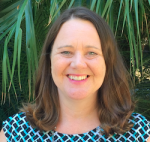 Professor Susan Ramus
Professor Susan Ramus
Investigator Grant: ‘Development of clinical tests to improve treatment for ovarian cancer patients’
Professor Susan Ramus from the School of Women’s and Children’s Health, UNSW Sydney.
Professor Susan Ramus was awarded an NHMRC Investigator Grant: ‘Development of clinical tests to improve treatment for ovarian cancer patients’. She will develop a series of tumour tests to determine the best treatment for each patient, by using the resources of the international Ovarian Tumour Tissue Analysis (OTTA) consortium, which she co-leads.
This work is complementary to another recently awarded grant from NHMRC, a Clinical Trials, and Cohort Studies Grant. ‘Prospective Ovarian Cancer Cohort to Authenticate Stratification of Prognosis in Ovarian Tumours (POCCA-SPOT)’. This grant will prospectively validate a recently published tumour test, designed to identify women predicted to have a poor response to current treatment, who would benefit from alternative treatments. In this study, we will work with consumers to understand patient acceptability of this sort of test. Many other ANZGOG members are investigators in OTTA and will be participating in these consortium projects.
To find out more about the 2021 NHMRC Grant Application Outcomes, click here.


